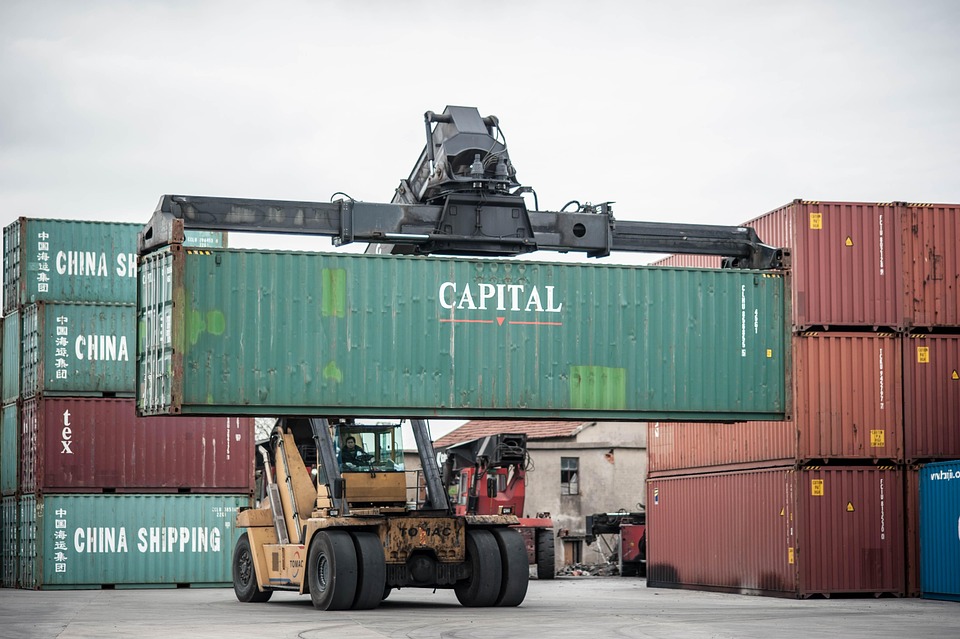
What kind of agency company has legal export qualifications?
JudgmentAgency export,The company's qualifications require verification of three core documents:Customs AEO certification certificateandRegister of Foreign Exchange AdministrationandImport and Export Operation Right Filing Form. Starting from 2025, according to the newly revised "Cross-Border Trade Facilitation Regulations," agency companies will also be required to disclose their service capability ratings on the Ministry of Commerce website. It is recommended to cross-verify corporate credit records through the "National Enterprise Credit Information Publicity System," with particular attention to any customs administrative penalty records in the past three years.
Agency export serviceWhat specific contents are included?
Formal agency companies should provide full-process services:
- Document processing: Including the preparation of 13 types of documents such as commercial invoices, packing lists, and certificates of origin.
- Customs Declaration and Inspection: By 2025, customs will have fully implemented the "Single Window" electronic declaration system.
- Logistics coordination: Transportation Coordination under Trade Terms Such as FOB/CIF
- Foreign exchange settlement: Multi-currency Receipts and Payments and Exchange Rate Risk Management
- Tax Refund Assistance:Export tax refundRate inquiry and preparation of declaration materials
How should the agency fees be calculated reasonably?
The industry standard fee consists of three parts:
- Basic Service Costs: Charged at 0.8%-1.5% of cargo value (negotiable for bulk commodities)
- Processing fees: 200-800 yuan per order
- Fund occupation fee:The advance payment for tax refund funds shall be subject to an interest rate increase of 30% based on the LPR.
Be cautious of quotes that are 50% below market price, as they may carry the risk of fraudulent invoicing. It is recommended to request a detailed cost breakdown and obtain quotes from at least three different agencies for comparison.
How to evaluate an agency companys risk control capabilities?
Five dimensions should be mainly inspected:
- Trade compliance system: Whether to establish an ECCN code verification mechanism
- Foreign exchange management capability: The overdue collection rate for the past 12 months is below 5%.
- Coverage of insurance: Does the credit insurance coverage reach 120% of the annual average export volume?
- Handling of Legal Disputes: Win rate in international trade arbitration cases over the past three years
- Information Security Measures: Is it ISO27001 certified?
How to protect trade secrets during the collaboration process?
It is necessary to signNon-Disclosure Agreement (NDA)And clarify the following terms:
- Customer information encryption storage standard (minimum AES-256)
- Operator Authority Level Management System
- Data Breach Compensation Plan (It is recommended to stipulate a penalty of 20% of the cargo value).
- Data Destruction Procedure After Contract Termination
What should I do if the agency company breaches the contract?
Recommended three-stage response strategy:
- Phase One: Initiate the performance bond in accordance with the contract terms (if any).
- Phase Two: Apply for mediation to the China Council for the Promotion of International Trade
- Phase III: File a lawsuit through the maritime court, and pay attention to collecting the following evidence:
- Email correspondence and chat records (notarization required)
- Bank payment slip
- Customs declaration record
How to Avoid Becoming a Tool for Tax Fraud?
Key tax audit monitoring indicators for 2025 include:
- The unit price of exported goods deviates by more than 30% from the industry average.
- The country of receipt does not match the country of declaration.
- The export volume of products under the same HS code surged by 500% throughout the year.
It is recommended to require the agency to provide on a monthly basis.Export tax refundSchedule, and independently query customs declaration data through the electronic port system.
What is the difference between traditional agents and cross-border e-commerce agents?
There are significant differences between the two in three aspects:
- Customs clearance methodCross-border e-commerce must adopt the 9610/9710 customs supervision codes.
- Tax Treatment: The B2C export is subject to the "tax exemption without invoice" policy.
- Logistics requirements: Overseas warehouse stock preparation requires providing the storage qualification of the destination country.
The comprehensive tax rate for cross-border e-commerce has been reduced to 4.2% in 2025, but it should be noted that some countries have started to levy a Digital Services Tax (DST).


 Follow Customer Service WeChat
Follow Customer Service WeChat